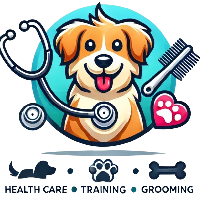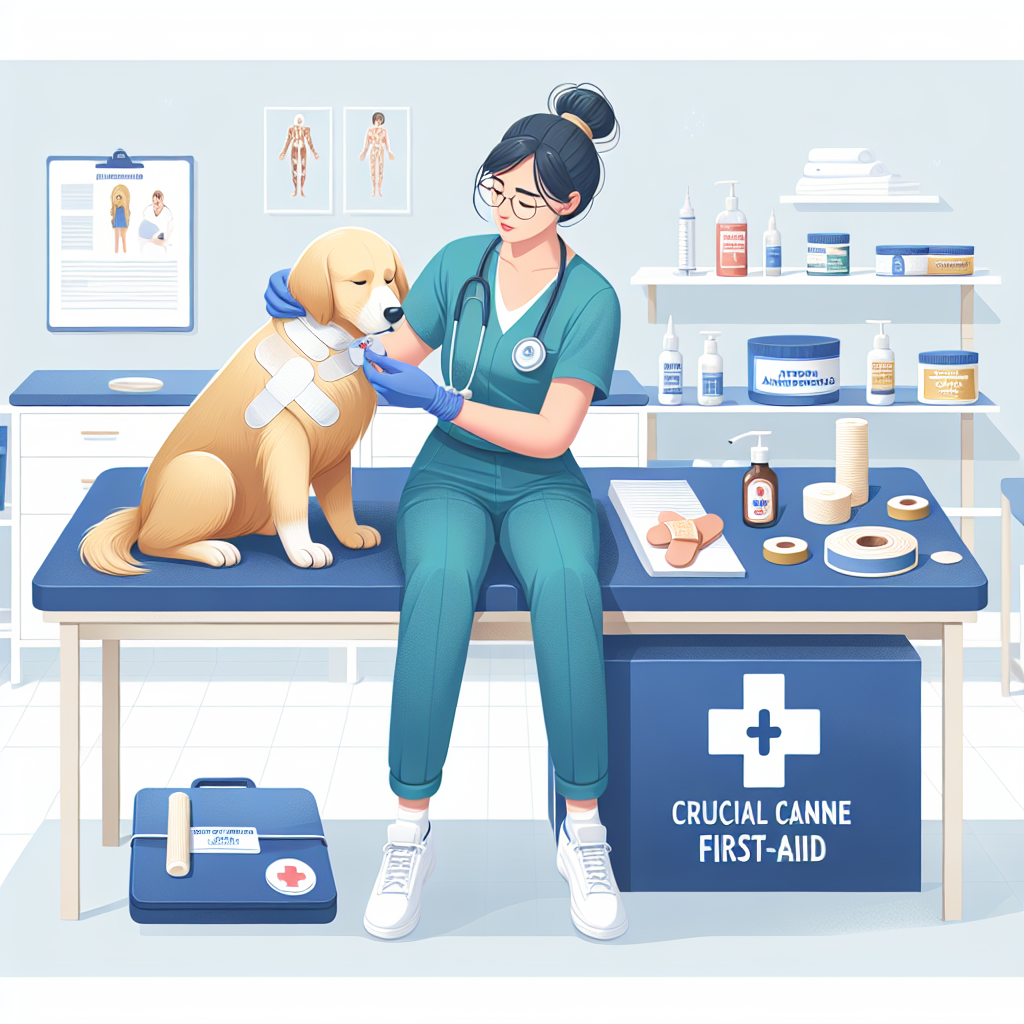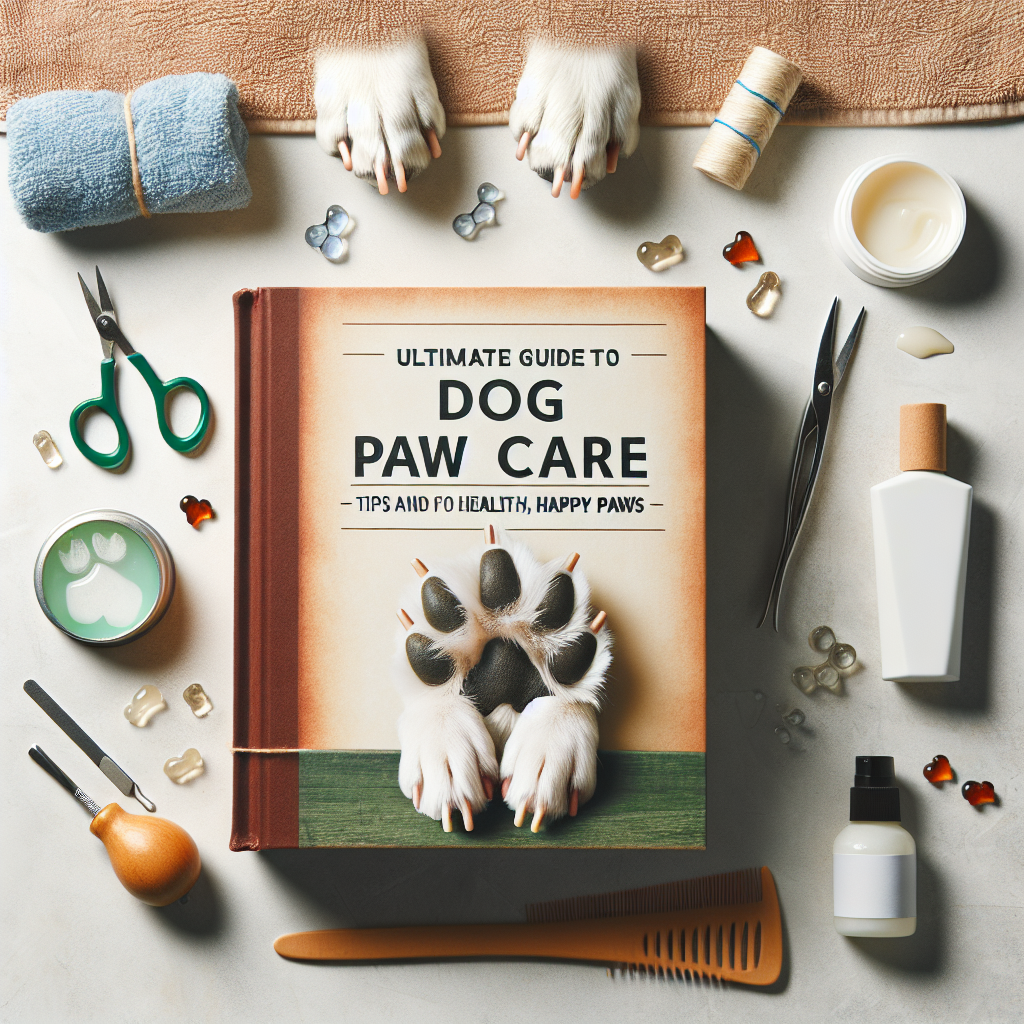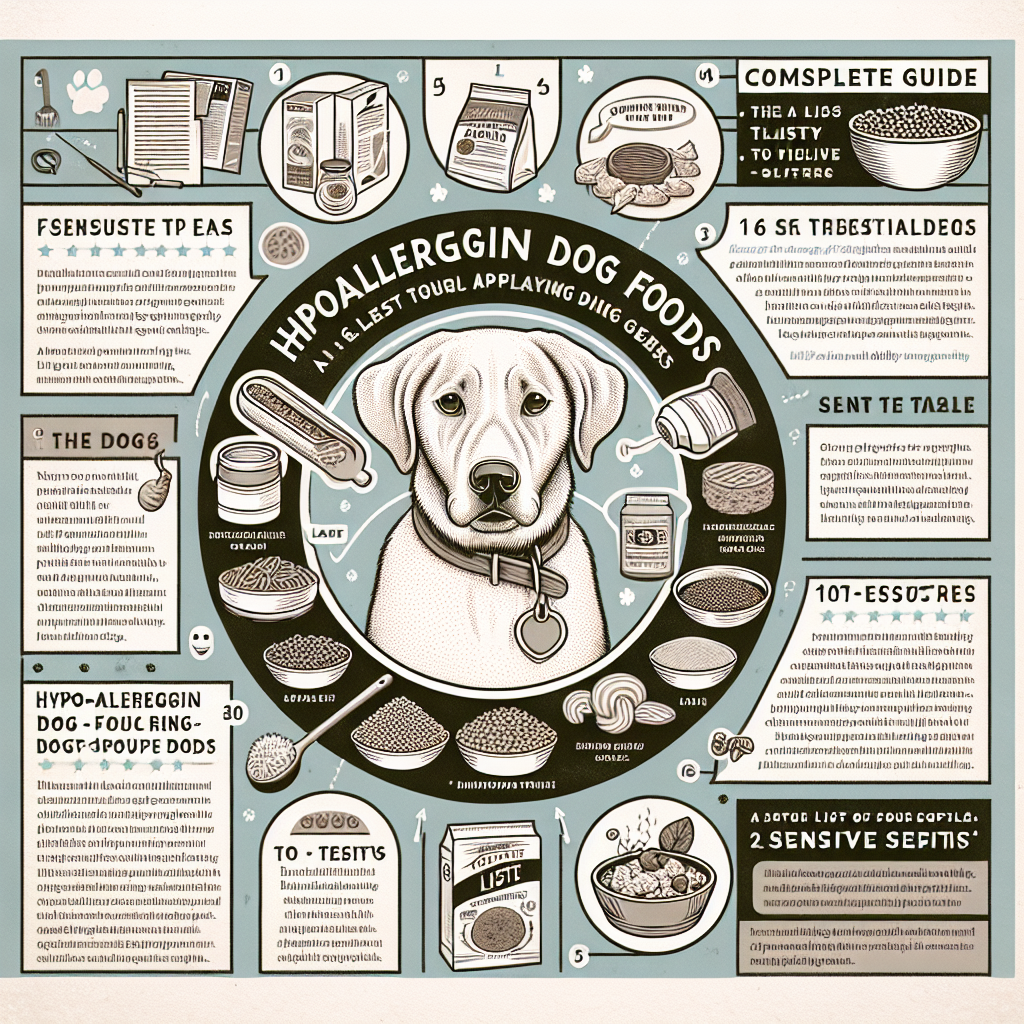
A pet’s dental health is just as important as their overall health and wellbeing. Ensuring that your furry friend’s teeth and gums are in top condition can prevent common dental issues, improve their quality of life, and extend their lifespan. This comprehensive guide covers everything you need to know about pet dental care, including practical tips, effective techniques, and recommended products. Whether you have a dog, cat, or another pet, this guide will help you maintain their oral health with confidence.
Table of Contents
- Understanding the Importance of Pet Dental Care
- Common Dental Issues in Pets
- Recognizing Dental Disease Symptoms
- Daily Dental Care Tips for Pets
- Techniques for Effective Pet Teeth Cleaning
- Best Pet Dental Care Products
- The Role of Diet in Pet Dental Health
- Professional Veterinary Dental Services
- DIY Pet Dental Care Solutions
- Preventive Measures for Long-Term Dental Health
- Conclusion
1. Understanding the Importance of Pet Dental Care
Dental care for pets is essential for several reasons. Not only does it prevent bad breath and keep their teeth white, but it also helps avoid serious health issues. Dental disease can lead to pain, discomfort, and infection that may spread to other parts of the body, including the heart, liver, and kidneys. Maintaining proper dental hygiene ensures your pet remains happy, healthy, and pain-free.
2. Common Dental Issues in Pets
Pets are susceptible to various dental problems, many of which can be prevented with proper care. Some common dental issues include:
- Plaque and Tartar Build-Up: Plaque is a sticky film that forms on teeth, which can harden into tartar if not removed.
- Gingivitis: Inflammation of the gums caused by plaque accumulation.
- Periodontal Disease: An advanced stage of gingivitis that affects the bone and tissues supporting the teeth.
- Tooth Decay: Cavities and tooth damage due to bacterial infection.
- Tooth Fractures: Broken or cracked teeth from trauma or chewing hard objects.
- Oral Tumors: Abnormal growths in the mouth that may require veterinary attention.
3. Recognizing Dental Disease Symptoms
Early detection of dental issues is crucial for effective treatment. Look out for these common signs of dental disease in pets:
- Bad breath
- Red or swollen gums
- Yellow or brown tartar on teeth
- Difficulty eating or chewing
- Pawing at the mouth
- Drooling excessively
- Loose or missing teeth
- Bleeding from the gums or mouth
If you notice any of these symptoms, schedule a veterinary appointment for a thorough dental evaluation.
4. Daily Dental Care Tips for Pets
Consistent daily dental care is the best way to prevent dental disease in pets. Here are some practical tips to incorporate into your pet’s routine:
Brush Your Pet’s Teeth
Brushing your pet’s teeth is the gold standard of dental care. Use toothpaste formulated for pets (never human toothpaste) and a pet-friendly toothbrush. Start slowly, allowing your pet to get used to the feeling before gradually increasing the duration and frequency.
Use Dental Treats and Toys
Dental chews and toys are designed to clean your pet’s teeth as they gnaw on them. These products can help reduce plaque and tartar build-up while providing entertainment and mental stimulation.
Provide Fresh Water
Ensure your pet always has access to fresh, clean water. Hydration helps wash away food particles and bacteria, maintaining a healthier mouth.
Consider Dental Sprays and Gels
Dental sprays and gels can be applied directly to your pet’s teeth and gums to help reduce plaque and tartar. They are a convenient option for pets who resist brushing.
Regular Vet Check-ups
Regular veterinary check-ups include dental examinations to identify any emerging issues early. Your vet can also provide professional cleaning if necessary.
5. Techniques for Effective Pet Teeth Cleaning
Proper technique is key to effective pet teeth cleaning. Follow these steps to ensure a thorough cleaning process:
Introduce the Concept Gradually
Start by getting your pet used to having their mouth touched. Gently lift their lips and examine their teeth and gums without using any tools. Reward them with treats and praise to create a positive association.
Use the Right Tools
Choose a pet-specific toothbrush and toothpaste. Finger brushes are also a good option for beginners. Ensure the brush size is appropriate for your pet’s mouth and that the toothpaste is safe and appealing to them.
Proper Brushing Motion
Hold the toothbrush at a 45-degree angle to the teeth. Use small, circular motions to clean the outer surfaces of the teeth and gums. Focus on a few teeth at a time, working your way around the entire mouth.
Be Gentle and Patient
Gentleness is essential, especially if your pet is unaccustomed to teeth cleaning. Be patient and progress slowly, allowing your pet to adapt to the process.
Frequency and Duration
Aim to brush your pet’s teeth at least 2-3 times a week, though daily brushing is ideal. Each session should last around 2-3 minutes.
6. Best Pet Dental Care Products
Numerous dental care products are available to support your pet’s oral health. Here are some of the best options:
Toothbrushes and Toothpaste
- Pet-Specific Toothbrushes: Look for brushes with soft bristles and a design suited for pets.
- Flavored Toothpastes: Pets usually prefer flavors like poultry or beef. Ensure the toothpaste is enzymatic for better plaque removal.
Dental Chews and Treats
- Greenies Dental Chews: Popular for their ability to reduce plaque and tartar.
- Virbac C.E.T. Enzymatic Oral Hygiene Chews: Effective due to their dual-enzyme system.
Water Additives
- TropiClean Fresh Breath Water Additive: Easy to use by adding to your pet’s water bowl.
- Nylabone Advanced Oral Care Liquid Tartar Remover: Helps prevent plaque build-up.
Dental Sprays and Gels
- PetzLife Oral Care Gel: Helps control plaque, tartar, and bad breath.
- Sentry Petrodex Dental Spray: Reduces plaque and freshens breath.
Dental Toys
- KONG Dental Toys: Durable and designed to clean teeth while chewing.
- Benebone Dental Chew: Helps reduce plaque and tartar build-up.
7. The Role of Diet in Pet Dental Health
Diet plays a crucial role in maintaining pet dental health. Certain foods and feeding practices can help keep your pet’s teeth clean and healthy.
Dry Food vs. Wet Food
Dry kibble can help reduce plaque build-up by gently scraping the teeth during chewing. However, wet food can stick to teeth more easily and may contribute to plaque formation. If you feed your pet wet food, consider supplementing with dental treats or regular tooth brushing.
Prescription Dental Diets
Some veterinary prescription diets are formulated to promote dental health. These diets usually have a unique kibble texture that helps clean the teeth and reduces plaque and tartar.
Healthy Chewing Options
Incorporate healthy chew toys and treats into your pet’s diet. Raw bones, dental chews, and rubber toys are good options, but always supervise your pet to prevent choking or injury.
8. Professional Veterinary Dental Services
Regular professional dental cleanings by a veterinarian are essential, even with diligent at-home care. Here’s what to expect from veterinary dental services:
Comprehensive Oral Exams
Your vet will conduct a thorough oral examination to check for signs of dental disease, including gingivitis, periodontal disease, and tooth decay.
Professional Cleaning
Professional cleaning involves scaling to remove plaque and tartar, both above and below the gum line, followed by polishing to smooth the tooth surface and reduce future plaque accumulation.
Dental X-Rays
Dental x-rays may be necessary to assess the health of the roots and underlying bone structure. X-rays help detect issues that are not visible during a standard examination.
Extractions and Treatments
If necessary, your vet may recommend tooth extractions or other treatments to address dental problems. These procedures are usually performed under anesthesia to ensure your pet’s comfort and safety.
9. DIY Pet Dental Care Solutions
For pet owners who prefer natural or DIY approaches, there are several options to consider:
Coconut Oil
Coconut oil has antibacterial properties and can help reduce plaque. You can brush your pet’s teeth with a small amount of coconut oil or add it to their diet.
Apple Cider Vinegar
Adding a small amount of apple cider vinegar to your pet’s water can help reduce bacteria in the mouth. Ensure the vinegar is diluted, as concentrated vinegar can be harmful.
Herbal Additives
Herbs like parsley and mint can freshen breath and have antibacterial properties. Sprinkle a small amount into your pet’s food or make a herbal rinse for their water bowl.
Raw Bones
Raw bones can naturally clean your pet’s teeth as they chew. However, avoid cooked bones, as they can splinter and pose a choking hazard.
10. Preventive Measures for Long-Term Dental Health
Prevention is key to maintaining your pet’s dental health. Implement these long-term strategies to ensure a healthier smile for your pet:
Regular Oral Health Assessments
Conduct regular at-home inspections of your pet’s mouth. Look for changes in the gums, teeth, and breath. Early detection can prevent more serious issues.
Consistent Dental Routine
Establish and stick to a consistent dental care routine, including regular brushing, dental treats, and professional cleanings.
Monitor Diet and Chewing Habits
Provide a balanced diet that supports dental health and offer safe chewing toys and treats. Avoid giving your pet hard objects that could damage their teeth.
Stay Informed
Keep up with the latest information and advancements in pet dental care. Consult your veterinarian for recommendations and updates on the best practices.
11. Conclusion
Maintaining your pet’s dental health is vital for their overall wellbeing. By understanding the importance of dental care, recognizing common dental issues, and implementing effective routines and products, you can keep your pet’s smile healthy and bright. Remember that regular veterinary check-ups and professional cleanings are crucial for comprehensive dental care. With dedication and the right strategies, you can ensure that your beloved companion enjoys a lifetime of good oral health.
#ChatGPT assisted in the creation of this article.





